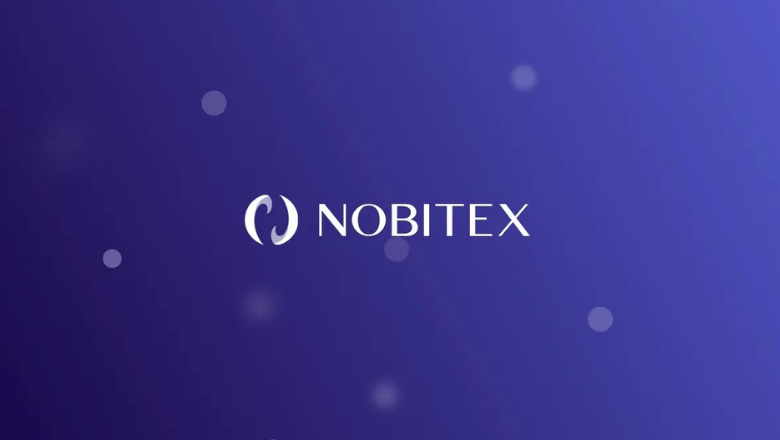Iran’s digital asset sector is grappling with declining activity as geopolitical tensions and security incidents undermine investor confidence.
From January to July 2025, cryptocurrency activity linked to Iranian entities fell to $3.7 billion, representing an 11% decline compared to the same period in 2024. The sharpest reductions occurred after April, with June inflows down more than 50% year-over-year and July volumes plummeting over 76%. Analysts attribute this slump to regional instability and operational disruptions, including a 12-day conflict with Israel in June.
Nobitex Breach Shakes Investor Confidence
On June 18, Nobitex, Iran’s largest crypto exchange, suffered a cyberattack by the pro-Israel hacker group Predatory Sparrow, resulting in over $90 million in losses. The incident disrupted liquidity for both retail and institutional users, raising concerns about domestic exchange security and prompting many traders to explore alternative platforms.
Further compounding the situation, Tether froze Iranian-linked wallets in July, removing a substantial portion of stablecoin liquidity. Traders responded by shuffling and converting holdings to maintain access to liquid assets and sustain cross-border transfers. Despite these disruptions, Nobitex continues to handle more than 87% of all Iranian-linked crypto transactions, particularly outbound flows.
Outbound Transactions Remain Steady
While inflows declined, outbound crypto transactions stayed relatively stable, reflecting the ongoing use of digital assets for capital movement, wealth preservation, and international transfers. Iranian entities reportedly rely on crypto for sensitive procurement, such as drone components and AI hardware, often utilizing KYC bypass tools to circumvent sanctions.
Investigations revealed that wallets connected to Nobitex had been quietly moving funds for months using stealth techniques often associated with illicit flows. Reports also suggest possible government use of cryptocurrency for espionage purposes, with alleged spies reportedly compensated in digital assets.
Regulatory Environment and Market Adaptation
Iran has developed a distinct regulatory framework under international sanctions pressure, introducing crypto licensing requirements while allowing digital assets to support economic activity and cross-border trade.
The broader impact of the Nobitex breach goes beyond immediate financial losses. It has affected market confidence, slowed adoption, and highlighted the country’s growing reliance on crypto to hedge against inflation and currency devaluation. Security incidents like this force traders to reassess risk exposure to domestic exchanges, influencing the trajectory of Iran’s cryptocurrency market.


